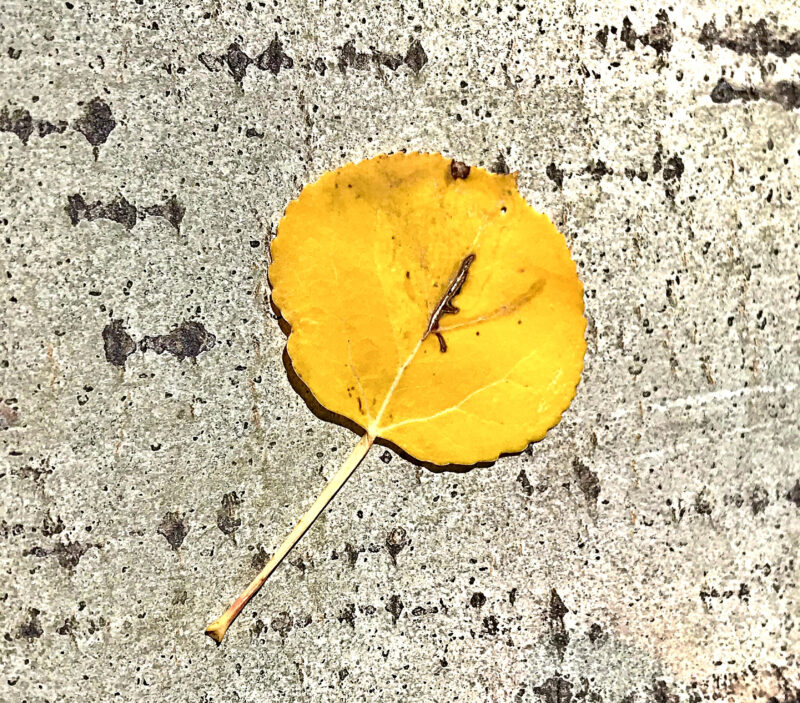A few weeks ago on an early morning drive I listened to Bob Dylan for two hours, the whole way there. Not what I always do, but that day I did. One album that played its way through my mind was “Oh Mercy,” music that I have listened to many times over many years.
This is Dylan at his best— from “Political World” which is a perennially important song, as true now as it has ever been, from “Where Teardrops Fall” to “Ring Them Bells,” from “Disease of Conceit” to “Most of the Time” and “What Good Am I?” Musical, thoughtful, soulful, each song offers a different window into the genius that Dylan is.
But his song, “Everything is Broken” echoes through me, finding its way into my deepest places, and I cannot not hear his plaintive reflection on the world that is.
Broken bottles, broken plates,
Broken switches, broken gates,
Broken dishes, broken parts,
Streets are filled with broken hearts
Broken words never meant to be spoken,
Everything is broken
But if everything is broken, then implicitly we believe that sometime along the way, everything was not broken. We don’t get “broken” without “unbroken.”
It is the first argument that C.S. Lewis makes in his well-known BBC broadcast talks that became “Mere Christianity.” He called it “Right and Wrong as a Clue to the Meaning of the Universe,” inviting Everyman and Everywoman to ponder why we cannot get away from making judgments about right and wrong. All of us do it, all the time. And that we do, Lewis argues, is a clue to understanding who we are, why we are, and what is true about the world we live in.
It is an idea worth thinking through carefully.
And last week I thought about it while walking among the aspens in the Sangre de Cristo Mountains. So glorious in their bright yellows and golds, gracing the mountainsides of the San Luis Valley as it stretches from Colorado to New Mexico, it was as if they too knew that glory and ruin are written into the same life. The trails were full of fallen leaves, each one marred, each one wounded. Discoloration here, disintegration there, and sometimes a tear right through the middle.
Not surprisingly, I thought about the proximate nature of the leaves. They were not the aspens of fresh spring, nor were they aspens in the fullness of summer, but these were the aspens of the fall, their glory going, and going, until the glory is gone. Each one was wonderfully beautiful— and even thinking about them again, I breathe deeply, so grateful for what I saw —but each one was dying too, the beauty becoming broken as September became October.
If everything is broken, then everything is proximate too. The words require each other, at least in the world that is really there. We see both hope and heartache, every day. We have to take into our hearts both the wonders and the wounds of the world, every day. But there is nothing I am asked to do that is harder than that. Why? Because so often the brokenness overwhelms me, the hurts hurt too much, and I cry out, wanting it to be different than it is.
Sometimes the pains are very political, maybe specially so in this election season, but they are farther away from my heart of hearts, though I do care; and sometimes they are very personal, centered in my heart of hearts, right in the middle of me, becoming my cares of all cares. But every day they wind their way in, and I groan. I do groan. It is only when I remember to remember that the proximate matters, that some things are real and true and right— and sometimes even very beautiful —that it is possible to keep going. It is only when I pretend that “everything” is achievable, that “all” can ever happen, that the “perfect” can be found, do I flub, stumbling again into the world of my days, swirling down and down into the despair of my frail life
But when I take honest account of the brokenness of life in this world, of terrible diseases, of great disappointments, of painful alienations, of grievous injustice, of sorrowful deaths— resisting the temptation to imagine that another world is my world —and again dig deeply into the truest truths of the universe, reminding me that all is not lost, that there are good reasons for faith, and hope, and love, that I can keep my heart alive.
And at the end of the day, even if we never see everything made right and well, we can glory in the gift of the proximate. Of something, even if it is not everything. Of proximate happiness in a marriage. Of proximate justice in the public square. And of proximate beauty in dying leaf.






